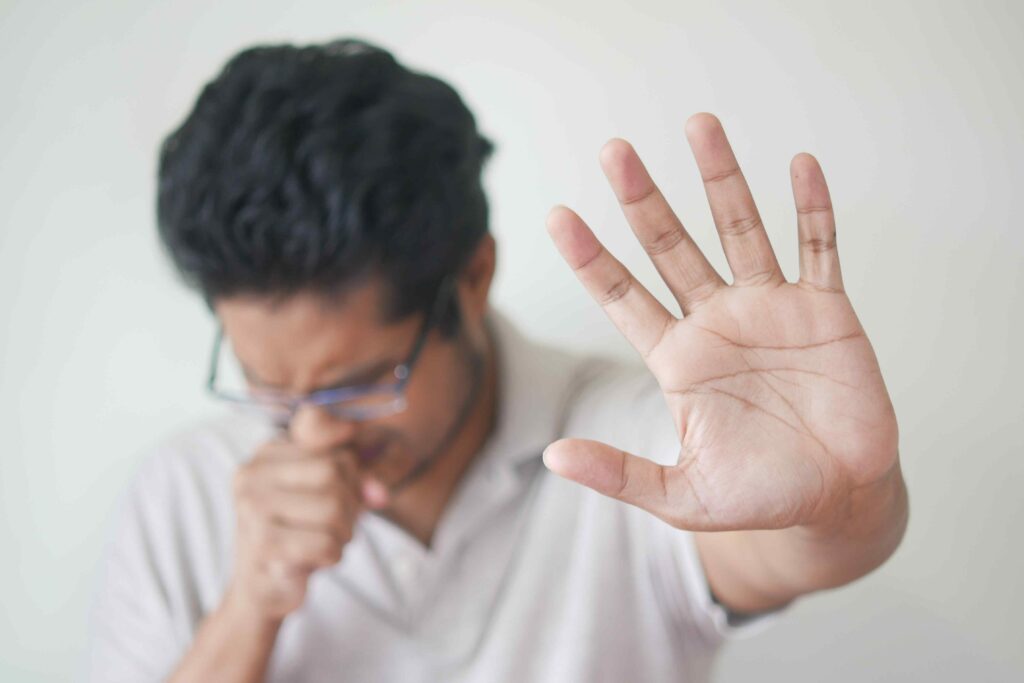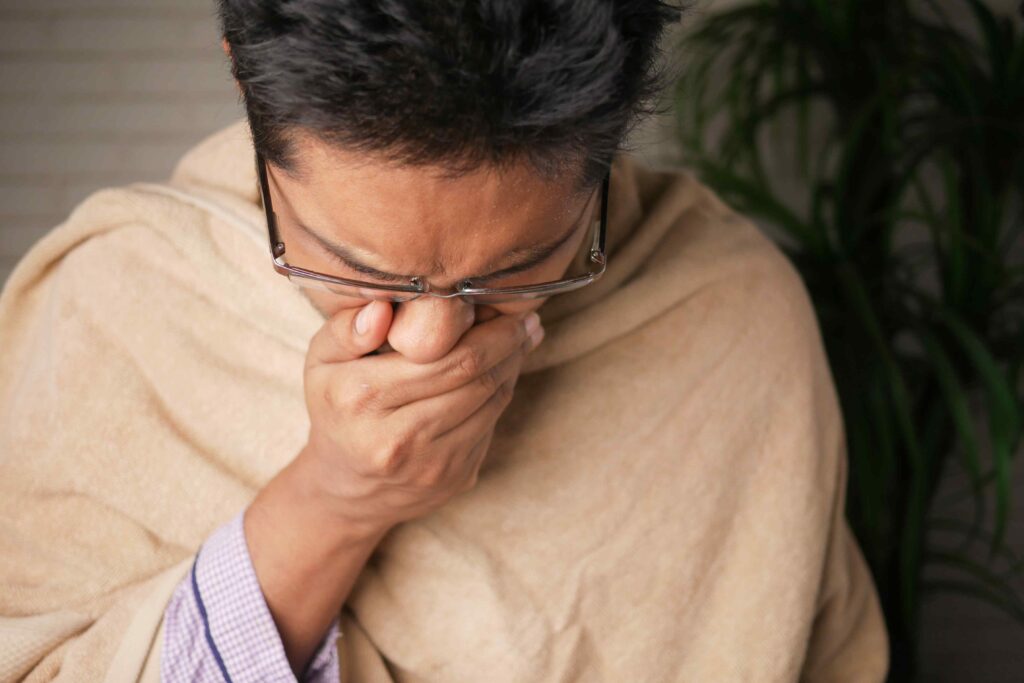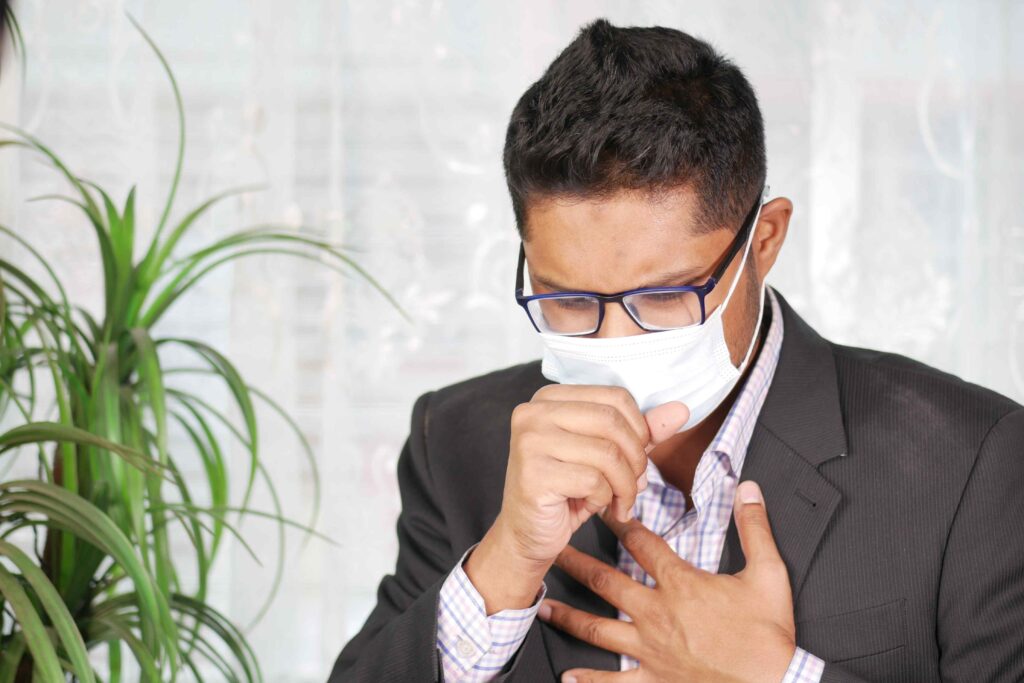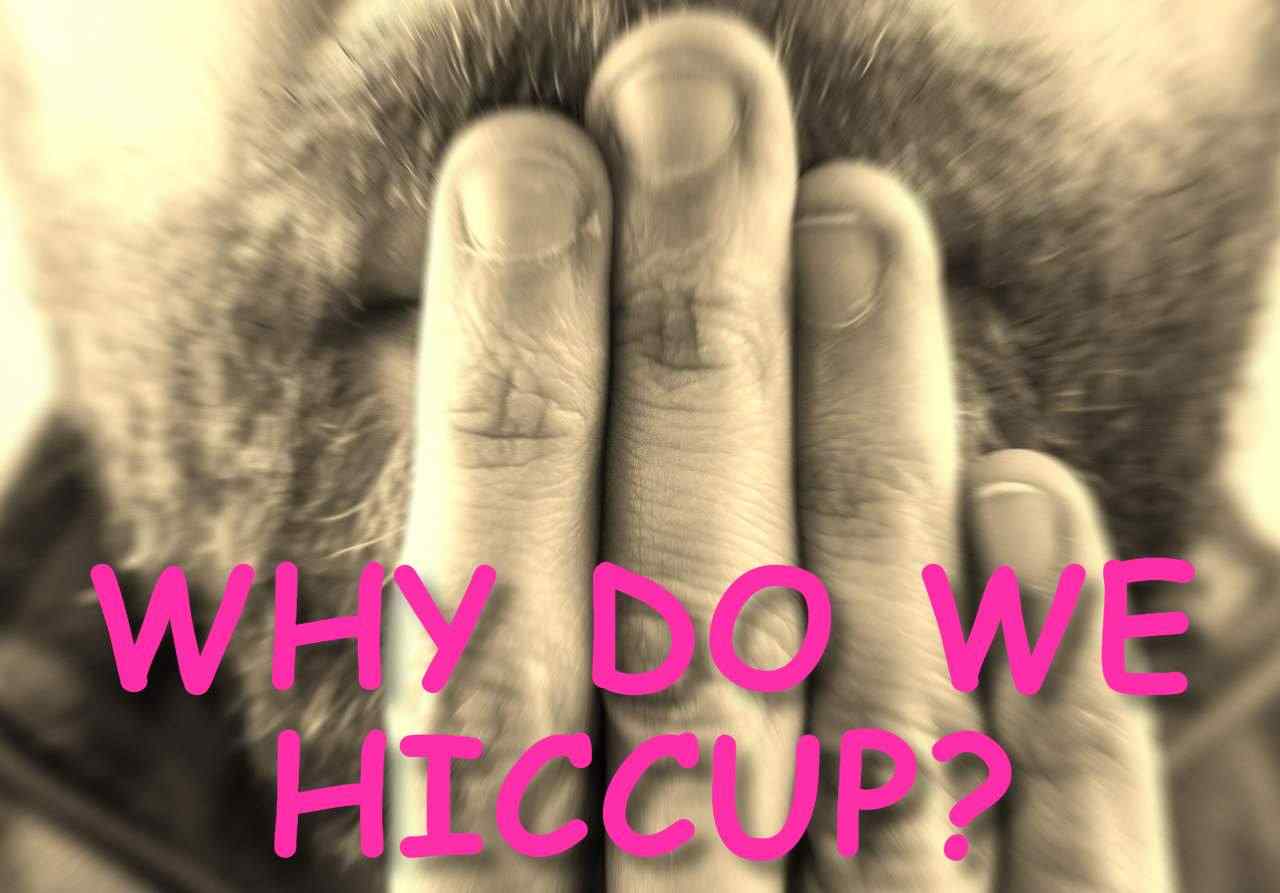Table of Contents
Intro Why Do We Get Hiccups
Hiccups are common occurrences that happen to everyone, yet the reason why we hiccup is still unknown. It has been a source of fascination for many centuries, and there have been various theories as to why hiccups occur. This article will investigate why do we hiccup, discussing different possibilities and what medical studies tell us about the condition. We will also look at some potential treatments for hiccups.

Why We Hiccup The Cause Of Hiccups
Hiccups can be quite annoying, but why do we get them in the first place? The answer lies in the diaphragm. This is a muscle that separates our chest from our abdomen and helps us breathe. When we inhale, our diaphragm contracts and moves downwards, creating space for air to enter the lungs. When we exhale, it relaxes and moves back up.
Sometimes the diaphragm can become irritated or stimulated, causing it to spasm. This results in a sudden intake of breath followed by the closure of our vocal cords, which produces that familiar “hic” sound. There are many things that can trigger hiccups such as eating too quickly or drinking carbonated beverages; even emotional stress or excitement can cause them.
Although most hiccups only last a few minutes, there are cases where they persist for hours or even days. In rare cases, chronic hiccups may be a symptom of an underlying medical condition such as acid reflux disease or nerve damage. However, most of the time they're harmless and go away on their own without any intervention needed – except maybe holding your breath!
Neurological Symptoms And Causes
Hiccups are a common physiological phenomenon that occurs due to involuntary contractions of the diaphragm muscles. These contractions cause sudden inhalation of air, followed by an abrupt closure of the vocal cords, producing a characteristic “hic” sound. While hiccups typically last only a few minutes and resolve on their own, persistent or chronic hiccups can be indicative of underlying neurological causes.
One such neurological cause is damage to the vagus nerve, which runs from the brainstem to the colon and controls various bodily functions such as heart rate and digestion. When this nerve is damaged or irritated, it can trigger spasms in the diaphragm muscle, leading to hiccups. Other neurological causes include tumors or lesions in the brainstem or metabolic imbalances that affect nerve function.
In rare cases, persistent hiccups may also be associated with more serious conditions such as multiple sclerosis or Parkinson's disease. Therefore, if you experience prolonged bouts of hiccups or notice any other concerning symptoms in conjunction with them, it is important to seek medical attention promptly to rule out any underlying neurological issues.

Hiccup Reflex And Physiological Causes
Hiccups are a common physiological phenomenon that occurs when the diaphragm, the primary muscle responsible for breathing, contracts involuntarily. This contraction causes the vocal cords to close suddenly, producing a distinct ‘hic' sound. The exact reason why this happens is still unknown, but there are several physiological factors that could trigger hiccups.
One potential cause of hiccups is gastric distension or an over-inflated stomach caused by eating too much or swallowing air. When the stomach becomes distended, it can irritate the diaphragm and lead to involuntary contractions. Another possible cause of hiccups is rapid temperature changes in the body. This sudden change can occur after consuming hot or cold drinks or even moving from one environment to another with different temperatures.
Stress and anxiety can also play a role in triggering hiccups as they stimulate sympathetic nerve activity in the body leading to irregular breathing patterns and muscle contractions including those of the diaphragm. In some rare cases, neurological conditions such as tumors, strokes and multiple sclerosis have also been known to cause persistent hiccups due to damage within specific regions of brain areas that control breathing patterns.
Psychological Causes Why Hiccups Occur
Psychological causes are one of the many reasons why people experience hiccups. When an individual is under stress or anxiety, it can cause their diaphragm to spasm, which will result in hiccups. In some cases, emotional distress can also lead to hyperventilation, which can make the diaphragm contract involuntarily and result in hiccups.
Another psychological cause of hiccups is excitement or nervousness. This may be due to adrenaline release that triggers spasms in the diaphragm muscle. People who get excited or anxious frequently may experience more frequent instances of hiccups compared to those who do not.
Overall, while there are several possible causes for hiccupping, it is important to understand that psychological factors can play a significant role in triggering them. Managing stress and anxiety through relaxation techniques such as deep breathing exercises and meditation may help reduce the frequency of hiccups caused by these factors.

Cultural Beliefs & Superstitions
In some cultures, hiccupping is believed to be a sign of good luck. For instance, in Italy, people believe that when you hiccup, someone is thinking about you. In China, hiccups are associated with the belief that someone is talking about you behind your back. According to this cultural belief, the intensity of the hiccup determines who is speaking ill of you; a mild hiccup means it's just an acquaintance while a strong one signifies it's coming from someone close.
In other cultures and superstitions, hiccups are considered a bad omen. In India, for example, it's believed that if you have hiccups for no apparent reason or if they last longer than usual then it could mean that somebody close to you might fall sick or even die soon. In some parts of Africa and Latin America too, hiccups may signify incoming misfortune or even death.
Despite these beliefs and superstitions around hiccups being different among cultures worldwide – medically speaking – scientists explain that we hiccup as a reflex reaction by our body to clear out our throats and ensure proper breathing patterns.
Persistent Hiccups And long-term hiccups Home Remedies
Hiccups are a type of involuntary reflex caused by spasms of the diaphragm muscle, which separates the chest from the abdomen. They usually last for a few minutes and can be self-limiting. However, persistent hiccups that last for hours or days can be a sign of an underlying medical condition.
In some cases, long-term hiccups can be intractable, which means they are difficult to treat and may require medical attention. Hiccups include a number of triggers, such as eating spicy food, drinking carbonated beverages, or sudden temperature changes. Remedies for hiccups include breathing techniques, swallowing sugar, or holding your breath.
Some people swear by traditional remedies like drinking water from the wrong side of the glass or breathing into a paper bag. The phrenic nerve, which controls the diaphragm muscle, is responsible for hiccups. In rare cases, damage or infection to the phrenic nerve, as seen in meningitis, can cause persistent hiccups. Researchers are still unclear as to why we hiccup and why some people experience them more frequently than others.

How to Stop Hiccups
Hiccuping is a common phenomenon that can be triggered by various factors such as overeating, drinking carbonated beverages or alcohol, sudden changes in temperature, and even emotional stress. When we hiccup, it means that our diaphragm muscles contract involuntarily and cause an abrupt intake of breath which closes the vocal cords. This action results in the characteristic “hic” sound.
Although hiccups are generally harmless and usually go away on their own after a few minutes, they can become quite annoying when they persist for hours or days. There are several methods you can try to stop hiccups. One way is to hold your breath for 10 seconds while keeping your mouth closed and then exhale slowly through your nose. Another method involves drinking a glass of water quickly without taking any breaks between gulps.
If these simple methods fail to work, there are other techniques you could try such as stimulating your gag reflex by gently touching the back of your throat with a cotton swab or sucking on a lemon wedge dipped in sugar. In some cases, persistent hiccups may require medical treatment if they last longer than 48 hours or are accompanied by severe chest pain, difficulty breathing, or vomiting.

Conclusion: Hiccup Facts
In conclusion, hiccups are a natural reflex that happens when our diaphragm suddenly contracts involuntarily. This sudden contraction causes the vocal cords to close, resulting in the familiar “hic” sound. Hiccups can be triggered by a variety of factors such as eating too quickly, swallowing air, or even emotional stress.
Despite being a common occurrence and usually harmless, persistent hiccups can sometimes indicate an underlying medical condition. These conditions may include gastroesophageal reflux disease (GERD), nerve damage or irritation in the neck or chest area, and even tumors affecting the central nervous system.
Overall, while annoying at times, hiccups are nothing to worry about in most cases. If they persist for an extended period or occur frequently without any apparent reason, it's always best to seek medical attention to ensure there's no underlying issue causing them.

Related Articles
Health Line Why Do We Hiccup?
https://www.healthline.com/health/why-do-we-hiccup
Medical News Today Why Do We Hiccup?
https://www.medicalnewstoday.com/articles/7623
My DR Why Do We Hiccup?
https://mydr.com.au/symptoms/hiccups-why-do-we-hiccup/
Gut BMJ Why Do We Hiccup?
https://gut.bmj.com/content/41/5/712
Live Science Why Do We Hiccup?
https://www.livescience.com/33688-hiccup-purpose.html
NY Times Why Do We Hiccup?
https://www.nytimes.com/2019/08/15/well/live/why-do-we-hiccup.html
Dartmouth EDU Why Do We Hiccup?
https://sites.dartmouth.edu/dujs/2009/05/22/why-do-we-hiccup/
UK Style Yahoo Why Do We Hiccup And How Do We Stop
https://uk.style.yahoo.com/why-do-we-hiccup-and-how-do-we-stop-experts-weigh-in-175207155.html
Sky News Why Do We Hiccup?
Curioustem Why Do We Hiccup?
https://www.curioustem.org/stem-articles/why-do-we-hiccup
Pharmaceutical Journal Why Do We Hiccup?
https://pharmaceutical-journal.com/article/opinion/why-do-we-hiccup
Reddit Why Do We Hiccup?
https://www.reddit.com/r/explainlikeimfive/comments/1vwpos/eli5_why_do_we_hiccup/
Nerd Momma Why Is My Tongue White? 6 White Tongue Causes
https://nerdmomma.com/why-is-my-tongue-white-6-white-tongue-causes/#more-2623
Nerd Momma Why Do I Sleep So Much?
https://nerdmomma.com/why-do-i-sleep-so-much-7-hypersomnia-nightmare-facts/#more-2578
